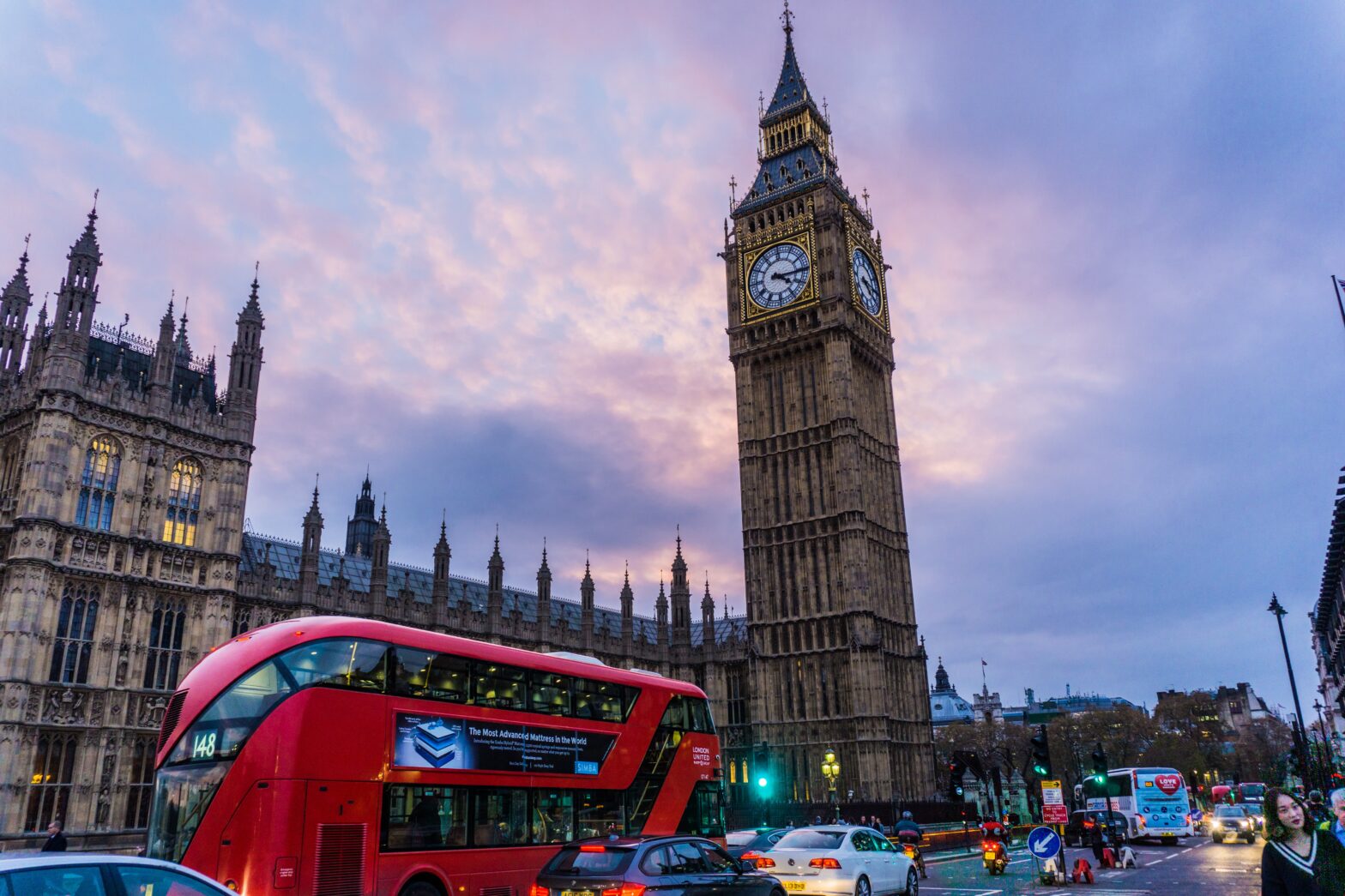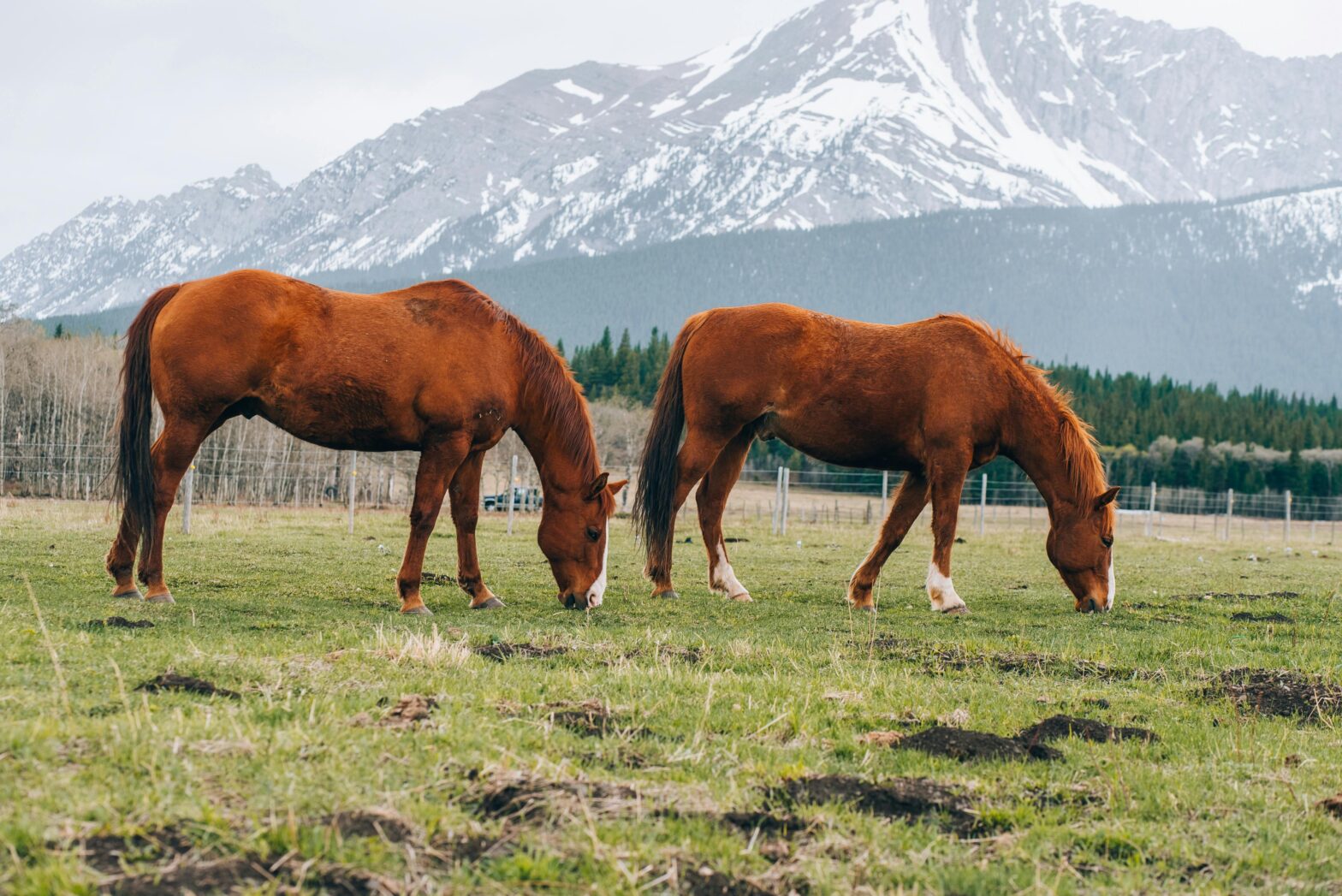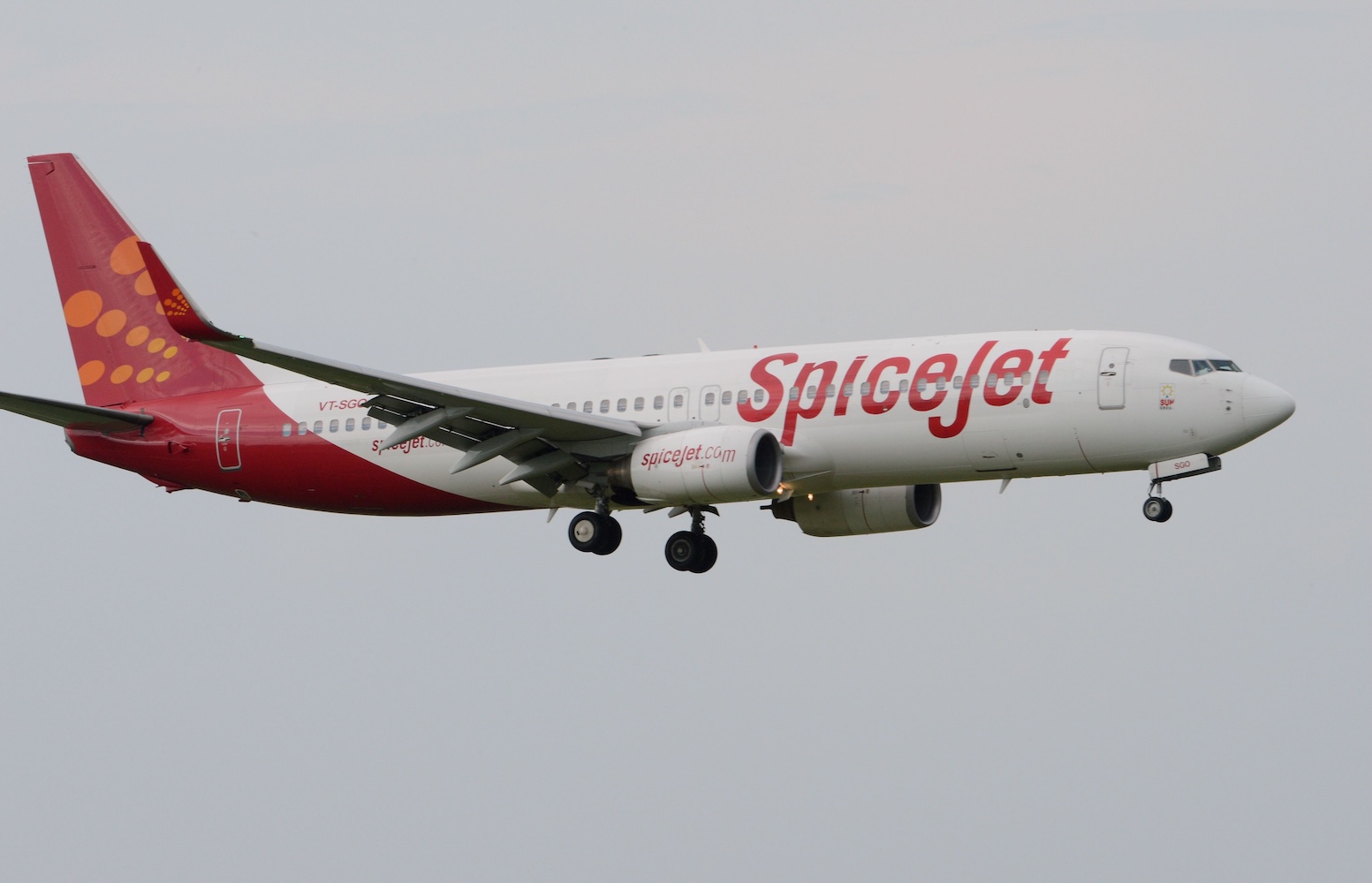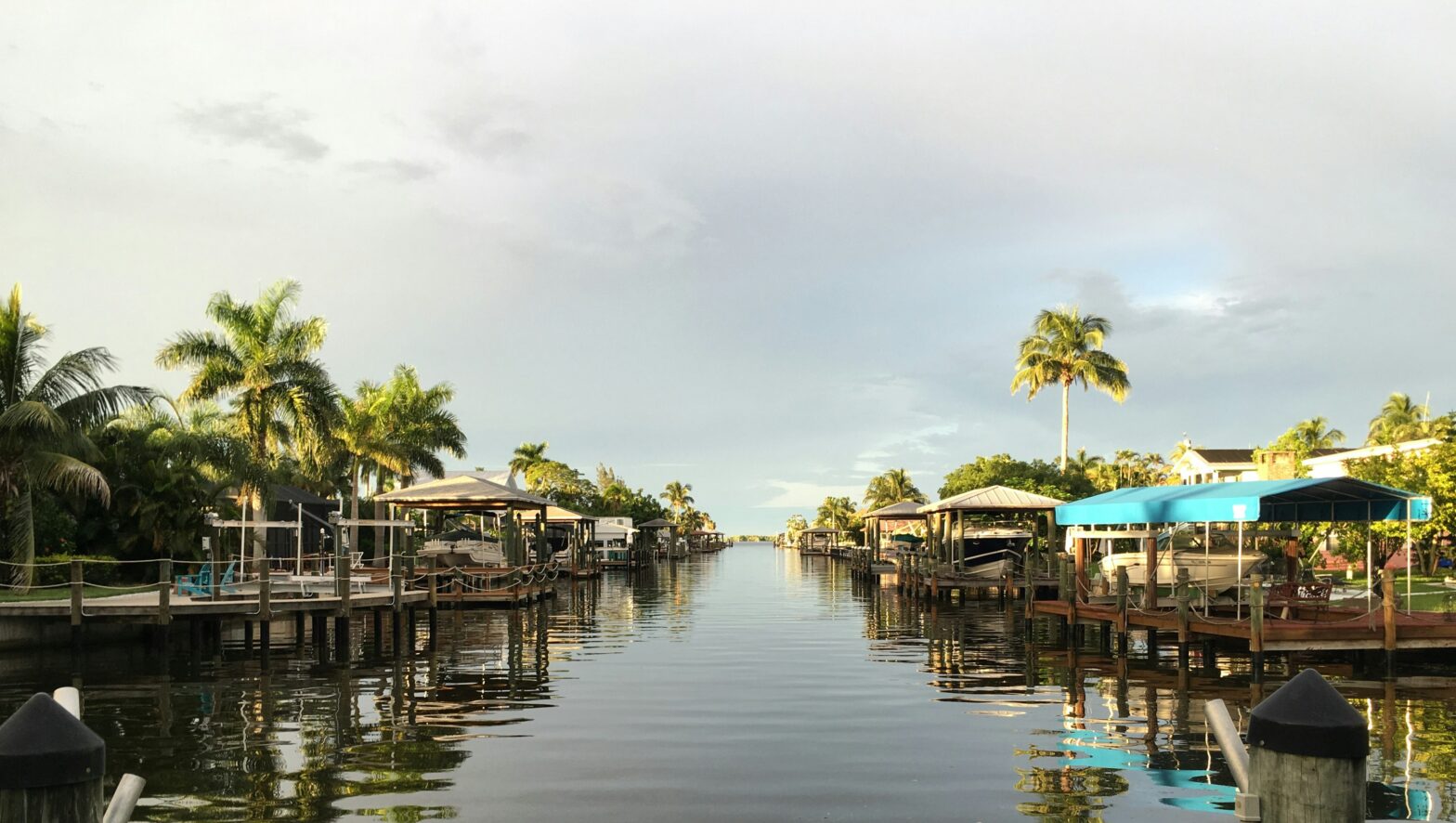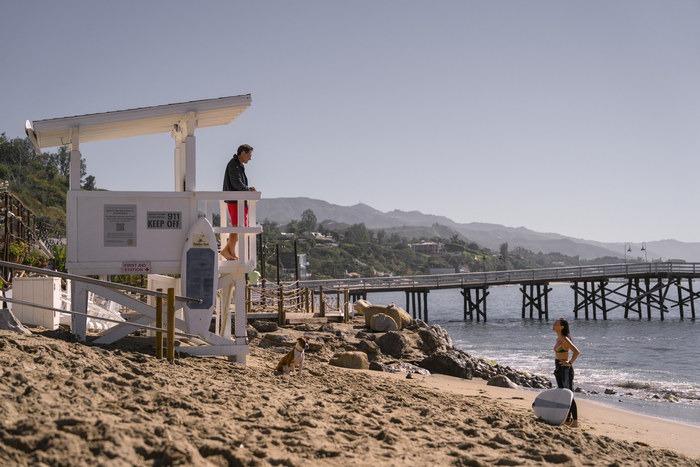Jolly ole’ London is an international city with more shops, pubs and history than you can absorb in one visit. While there are many great areas, these seven will give you a well-rounded glimpse into this wonderful city. A lot of London has been modernized, but the churches, the Palace of Westminster and the Tower are all nods to its past. The city is home to people of diverse backgrounds, who contribute to its colorful tapestry.
England isn’t exactly renowned for its cuisine, but thanks to those of African, Caribbean and Asian heritage who brought over their culinary expertise, there are a multitude of places to eat. As far as British food goes, Shepherd’s pie and fish and chips are bearable, but if those don’t cut it, you won’t have to venture far for oxtail, chicken tikka masala or a beef patty.
The Caribbean community helped shape London in numerous ways, especially Jamaicans and Trinidadians. Those that arrived between 1948 and 1971 sought employment opportunities in post-war Britain. The earliest Caribbean immigrants, known as the Windrush generation, arrived on the HMT Empire Windrush in June 1948. Most of them settled in the districts of Notting Hill and Brixton before gentrification.
London is great for walking with plenty of parks and other spaces to escape the hustle and bustle. However, if you don’t want to walk, the Tube allows you to zip around in minutes. If you’re familiar with the train systems in other big cities, like New York and Paris, the Tube should give you no trouble. The stations have posters showing exactly where each line goes, which is either northbound or southbound. You really have to work hard to get lost.
Grab your umbrella and check out these vibrant areas in London.
Camden Town
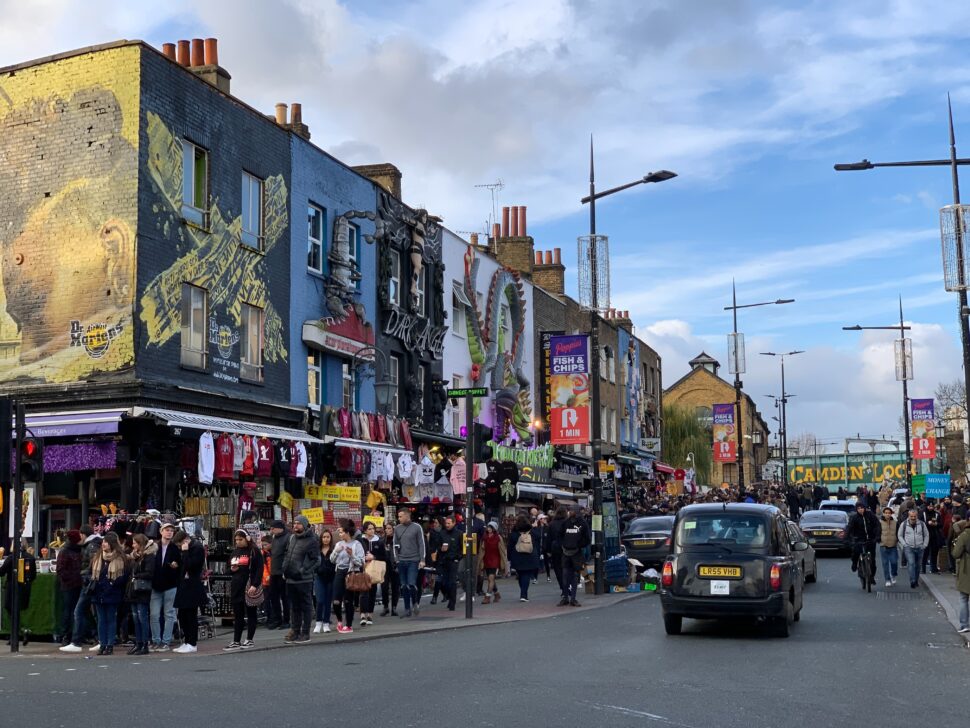
Calling all rockers, goths, tattoo enthusiasts and others from the margins of society. Camden is gay-friendly as well, and you can get there on the Northern Line.
The streets are packed with tourist shops, novelty stores, restaurants and street vendors. A star in this area is the chaotic Camden Market. Everything from food and drinks to handmade jewelry is probably there.
According to London x London, Camden Market is a series of markets that are all slightly different, but within a short walk of each other making it perfect for hunting out your next purchase. In The Stables Market, you’ll find a statue of Camden’s most famous and tragic resident: Amy Winehouse.
Brixton
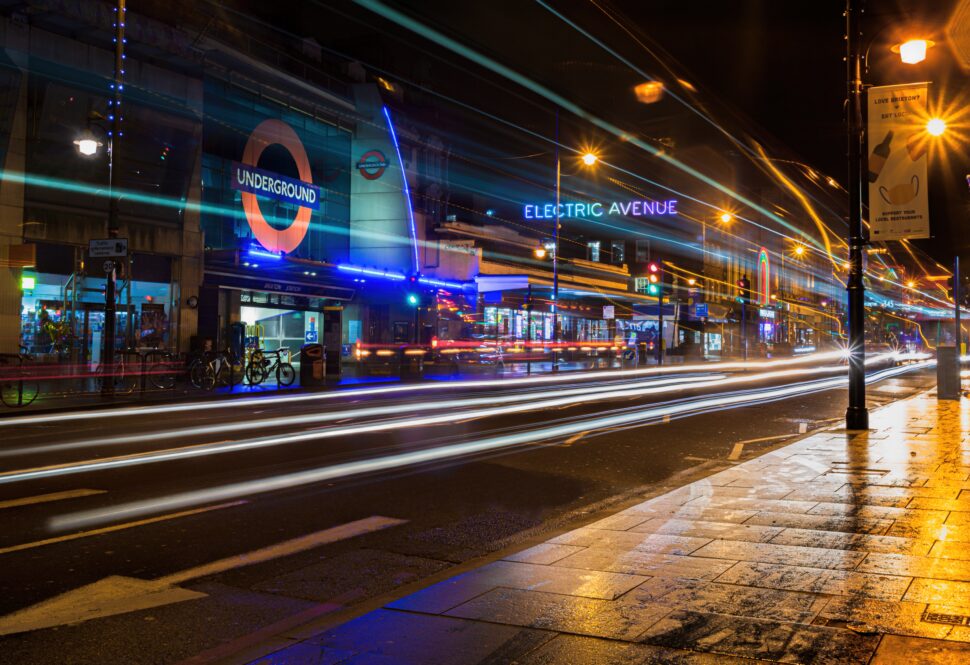
If you are craving some Afro-Caribbean flavor, Brixton can give that to you, and you can get there on the Victoria Line.
According to The Culture Trip, “after falling into post-war decline, the neighborhood was transformed by the arrival of the Windrush generation in 1948. Caribbean-owned restaurants, shops and markets proliferated, and at the end of the 20th century, a square was renamed Windrush Square to celebrate its Afro-Caribbean community.”
Check out Chip Shop Brixton for food, drinks and hip hop. The outside is decorated with portraits of Notorious B.I.G, Tupac and other legends. Be sure to add The Blues Kitchen to your itinerary, as well. It offers delicious soul food and live music.
Covent Garden — A London Classic
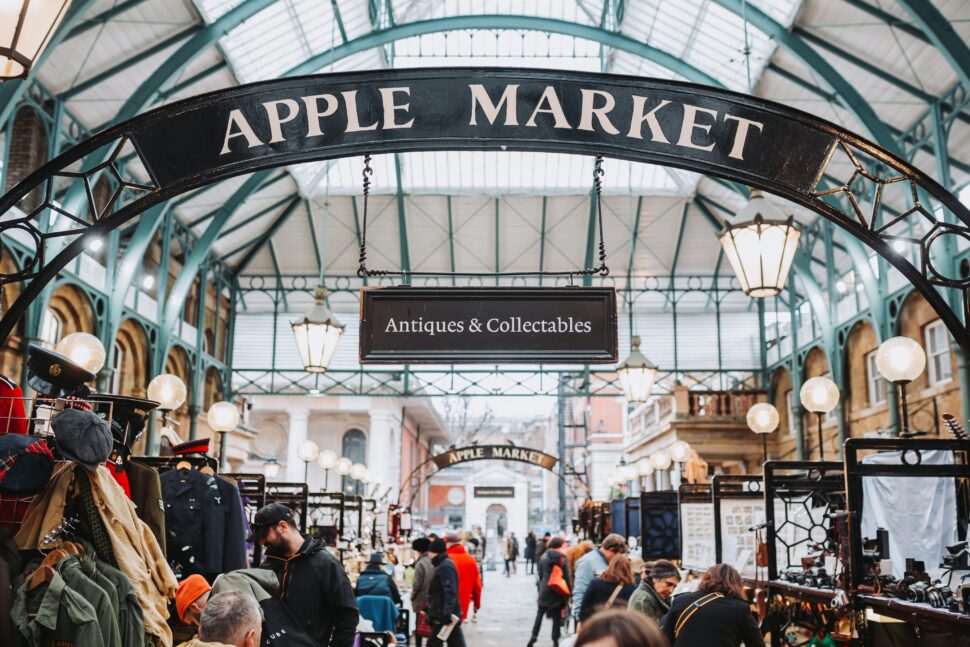
This shopping, dining and entertainment hub is serviced by the Piccadilly Line.
Apple Market is an absolute must. It is filled with indie market stalls, boutique shops and more. There are more of these chic boutiques on Neal Street, and you can take in a performance at the Royal Opera House.
If you love to eat, then you’re in luck. According to the Covent Gardens site, the Apple Market is a foodie’s paradise filled with a diverse array of options to suit all taste buds and budgets.
Notting Hill
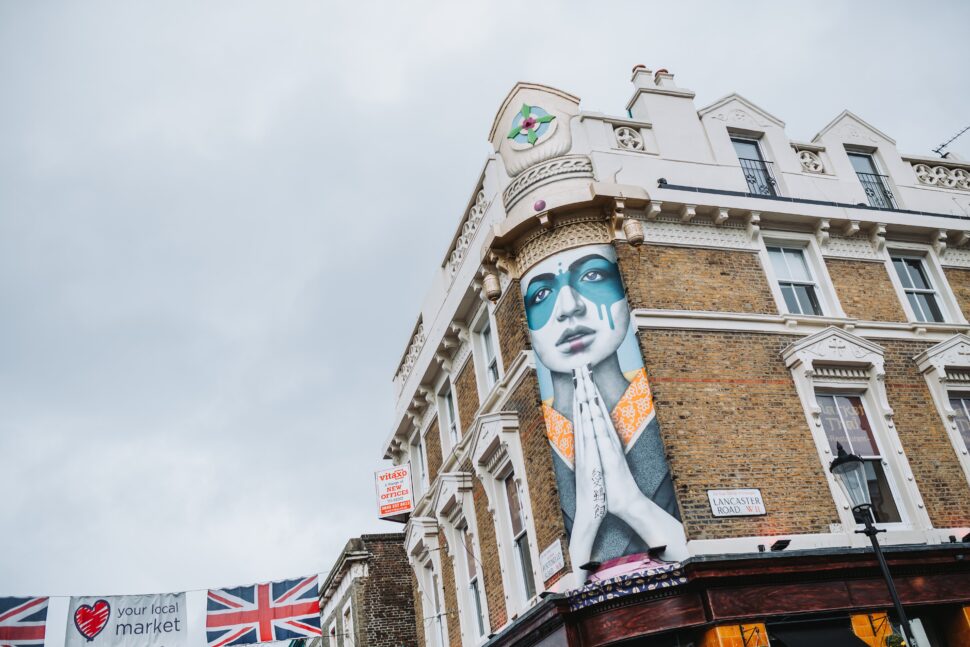
Pastel-colored houses, the Portobello Market and one of the biggest street parties in the world makes up Notting Hill.
If you don’t mind tightly-packed crowds and loud music, the Notting Hill Carnival is worth going to at least once. It just returned in person in August 2022, and by all accounts, it was as though it never went on hiatus.
Did you know that the Notting Hill Carnival was created by a Trinidadian immigrant and activist named Claudia Jones? In her day, it was much more conservative. The scantily-clad costumes and suggestive dancing would have been frowned on in the 1950s.
Notting Hill served as the inspiration to a movie of the same name starring Julia Roberts and Hugh Grant that is worth the watch.
Mayfair — A London Favorite
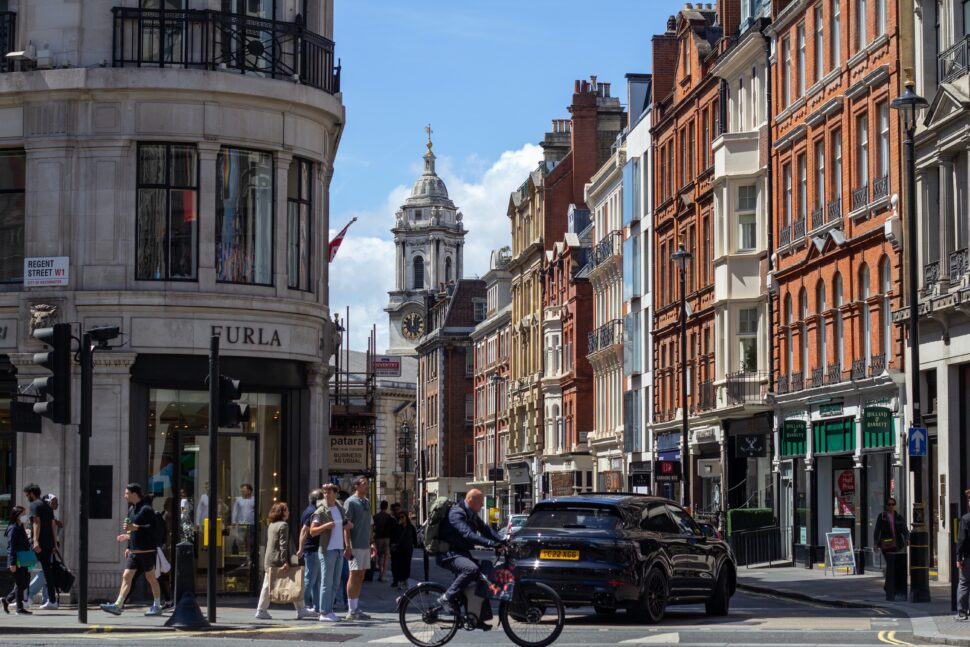
Mayfair is one of the most affluent areas in London. High end this, high end that and a lot of Georgian townhouses.
If you want the five-star hotel experience, then you can book a room at The Mayfair Hotel. For five-star dining experience, Mayfair is the perfect place to go. According to The Culture Trip, “Mayfair has more Michelin-star restaurants than any other London district, and they’re second to none.”
Southwark
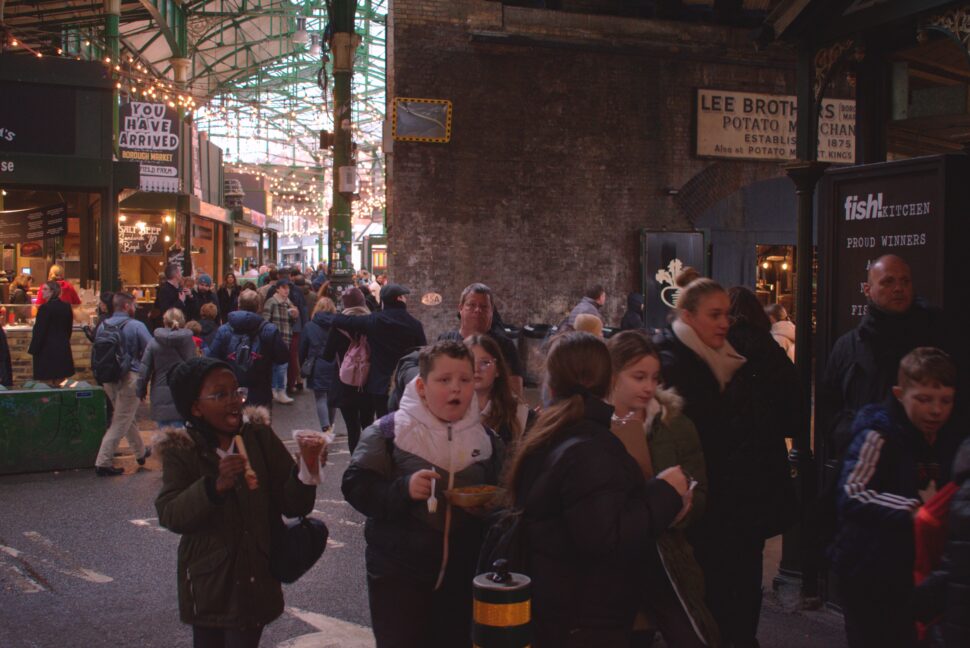
Southwark’s earliest days were rife with criminal activity, though you’d never know that today. However, when night falls, the cobblestone walkways look a little creepy.
Here, you’ll find one of England’s oldest prisons, The Clink. It dates back to 1144, and you can take a tour for a few pounds. If you’re familiar with the macabre vibe of The London Dungeon or The Chamber of Horrors at London’s Madame Tussauds, expect The Clink to offer more of the same.
You can visit Borough Market, which is among the oldest food markets in the city with 13th century roots. For some culture, head to the Tate Modern, Southwark Cathedral and The Globe Theater, which is a recreation of the open-air venue where actors would perform Shakespeare’s plays.
Recharge with a pint at The Anchor Pub, while looking at the Thames. The terrace there is a pleasant place to hang when it isn’t raining.
Belgravia
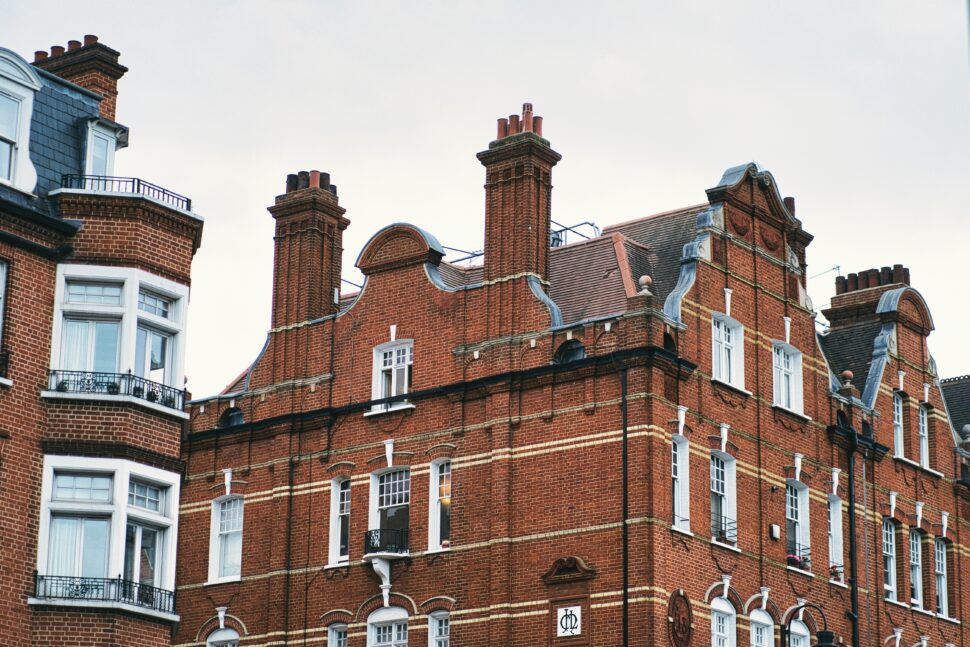
This area matches, if not exceeds Mayfair in terms of affluence.
According to Luxury Property, Belgravia is known as one of the wealthiest districts in the world, consisting of multi-billion dollar homes and celebrity residences. In Belgravia, you can check out the Royal Court Theater, which is a writer’s theater that is close to the Sloane Square tube station.
Last October, Belgravia hosted the London Restaurant Festival, and London Cocktail Week. The latter took place at Little Cocktail Village in Eccleston Yards and will return in October.
To get to Belgravia, get off at Knightsbridge or Sloane Square tube stations.
If you’re coming from out of the city, the Victoria Rail Station is a short walk from Eccleston Yards.
